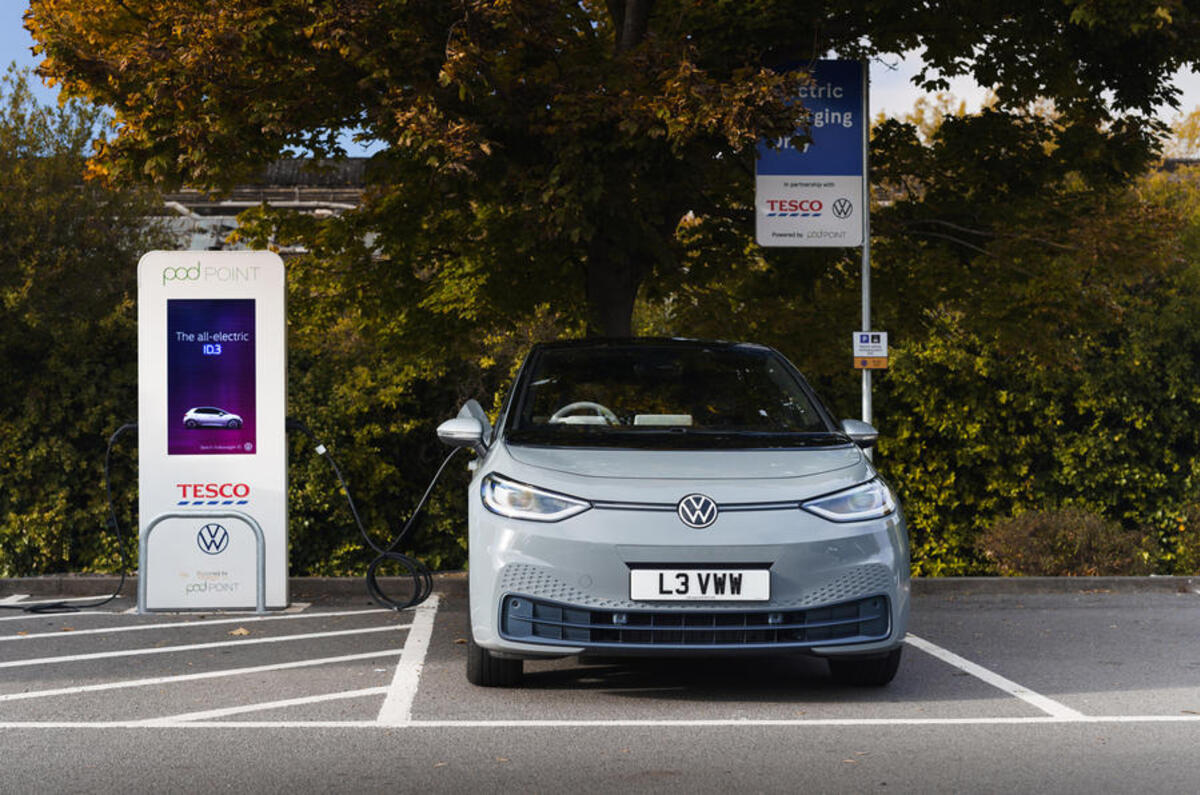Charging companies are still working out how to position themselves in the market as they struggle to achieve profitability.
“It's very hard to make money in the business of providing plugs,” said Andy Palmer, the former Aston Martin CEO now leading PodPoint.




Add your comment